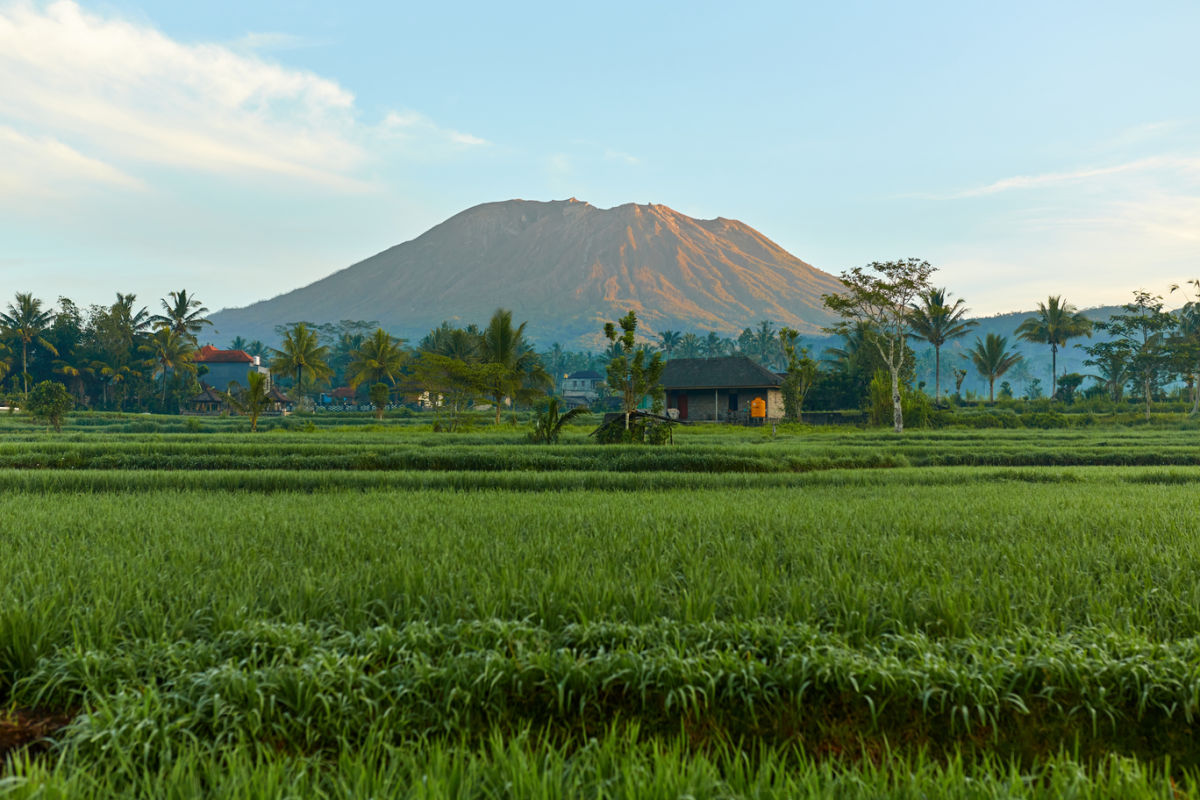Indonesia’s National Tourism Board has rolled out new timely advice for travelers planning their getaways to this breathtaking archipelago.

As someone who has explored Bali’s serene beaches and vibrant markets, I know firsthand how important it is to stay informed about safety protocols, especially during the unpredictable monsoon season. Wonderful Indonesia frequently updates its safety recommendations for tourists as active volcanoes, earthquakes, and heavy rains can pose risks.
Staying Prepared During Natural Disasters
With nature’s sometimes unpredictable behavior, the tourism board has shared clear guidance on what tourists should do in case of natural phenomena like earthquakes, volcanic eruptions, or tsunamis. On a personal note, while hiking in Ubud once, I experienced a minor tremor that reminded me of the importance of being prepared.
The tourism board emphasizes that “Indonesia has robust systems in place for monitoring natural events.” Key organizations like BMKG are dedicated to providing early warnings for tsunamis and earthquakes, and they play a crucial role in keeping both locals and tourists informed.
Follow Local Updates on Social Media
A gem of advice is to follow the Bali BMKG’s Instagram account, where they post valuable updates in both Indonesian and English. It’s a simple step that can keep you well-informed about the latest weather warnings and safety guidelines.
Understanding Emergency Protocols
Wonderful Indonesia assures travelers that in case of a natural disaster, they will act swiftly. They share information about land closures and important updates through TV, radio, and mobile alerts. Reflecting on my own travels, I recall how comforting it was to receive updates while enjoying a beachside dinner.
How to React in Emergencies
So, what should you do if an emergency arises? The guidelines from Wonderful Indonesia are straightforward:
- Follow Instructions: Always adhere to local authorities’ evacuation orders.
- Stay Calm: Maintaining composure is key. Focus on getting to designated safe zones.
- Avoid Danger Zones: Do not enter restricted areas.
- Stay Informed: Regularly check updates from trusted sources like BMKG and BNPB via TV, radio, or mobile apps.
In addition to what to do, it’s vital to recognize what to avoid in emergencies. Wonderful Indonesia cautions against common mistakes such as ignoring evacuation orders and sharing unverified information that might cause panic.
Essential Emergency Contacts
Being aware of essential emergency contacts can greatly enhance your safety during your travels. Remember:
- Police and General Emergency Services: 110 or 112
- Ambulance: 118 or 119
- Fire Services: 113
- Search and Rescue (BARSARNAS): 115
- Natural Disaster Management Agency (BNBP): 129
If you ever find yourself uncertain about whom to contact, simply dial 112, and they will refer you to the appropriate agency.
Planning Ahead: Navigating the Monsoon Season
This year’s monsoon season in Bali is reportedly among the most severe in recent history. Therefore, staying updated with weather alerts and planning your travels wisely can make a significant difference in your experience. A recent incident saw tourists needing to evacuate Legian hotels due to flooding—a stark reminder of nature’s power.
In conclusion, while traveling to Bali can be an incredible adventure filled with beautiful experiences, staying informed and prepared for any natural calamities is crucial. By following these insights from the Indonesian Tourism Board, you can ensure a safe and enjoyable exploration of this paradise.






